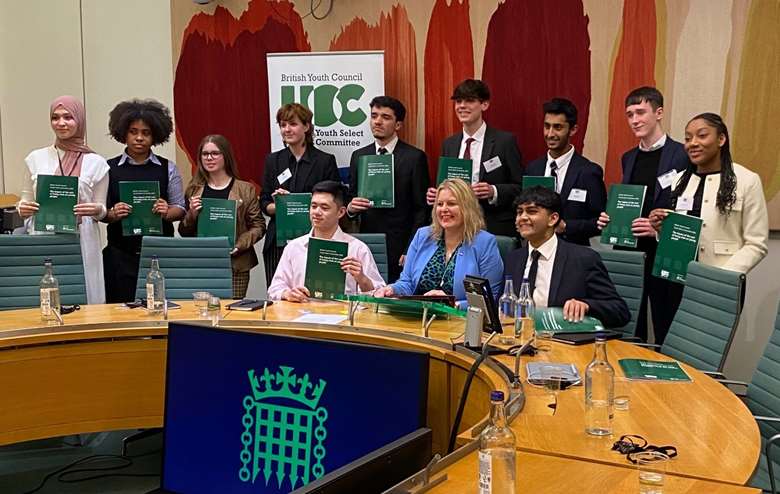Blanket approach to cost-of-living support 'impacting youth mental health'
Amrit Virdi
Friday, March 8, 2024
The “one-size-fits-all approach” to supporting children through the cost-of-living crisis “overlooks the unique challenges faced by young people”, the Youth Select Committee’s new report has found.

Lack of support for young people in education, transport and mental health provision has “had a negative impact” according to the report from 12 young people who sit on the committee, support by the British Youth Council.
Initiatives such as blanket cost-of-living payments are said to “overlook the unique challenges faced by young people and their families, especially young people from marginalised communities, who are disproportionately impacted by the rising cost of living”. These include those from minority ethnic groups and disabled young people.
-
The Big Debate: What is the key to improving access to youth work services?
-
Mental Health in Schools: Special Report
Claimants of universal credit under the age of 25 also receive a lower entitlement, which has been criticised by the committee.
Access to nutritious food has also decreased, which is “exacerbating health disparities among young people and their families, particularly those with limited financial resources”. The current eligibility criteria for free school meals is also said to be “not wide enough to capture all those children in need”, with school meals often “poor in quality”.
Young people also felt that “they are not adequately taught to be financially literate”, and student maintenance payments “fall short of real costs of living”.
Transport poverty is also exacerbated by varying rates across the country, with high costs presenting a “significant barrier for many young people, including in accessing education, employment, support services and social activities”.
The Youth Select Committee’s report is now live!📑🚨
— British Youth Council (@bycLIVE) March 6, 2024
The report identifies issues & gives these recs:
🥪Young people feeding into policy
💸Equalise wages
🍝Expand free school meals
🤝Extend universal credit
❤️Improve mental health policy
Read now👉https://t.co/3JDYeP94jN pic.twitter.com/zysPnj0tQY
The mental health impacts of the cost-of-living crisis on young people is highlighted by the report’s claim that “26% of young people aged 17 to 19 have been found to have a probable mental health disorder, a 10% increase from 2017”.
Additionally, “over a six month period in 2021, there was an 81% increase in children and young people having referrals to mental health services”, with the report emphasising difficulties young people face in accessing services.
The report recommends that the government “introduce measures to ensure a stable and supportive transition from child and adolescent mental health services (CAMHS) to adult mental health services”, as well as policies to increase nutritious food in schools and accessibility to essentials for young people.
Dev Sharma, chair of the Youth Select Committee, said: “From job prospects to accessing affordable nutritious food and sufficient mental health services, my generation is grappling with multifaceted challenges as a direct result of growing financial insecurity. Our experiences, struggles, and aspirations must inform policies that directly impact our lives. Our perspectives are not just valuable; they are essential for crafting a more inclusive and equitable future for all.”
Meanwhile, research from The Department for Culture, Media and Sport, in collaboration with UK Youth found that reductions in youth services provision is linked to a rise in anti-social behaviour and young people's involvement in crime.




